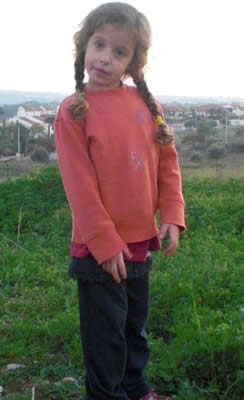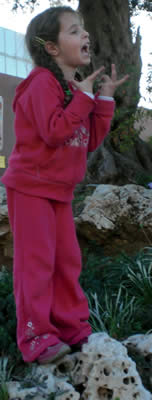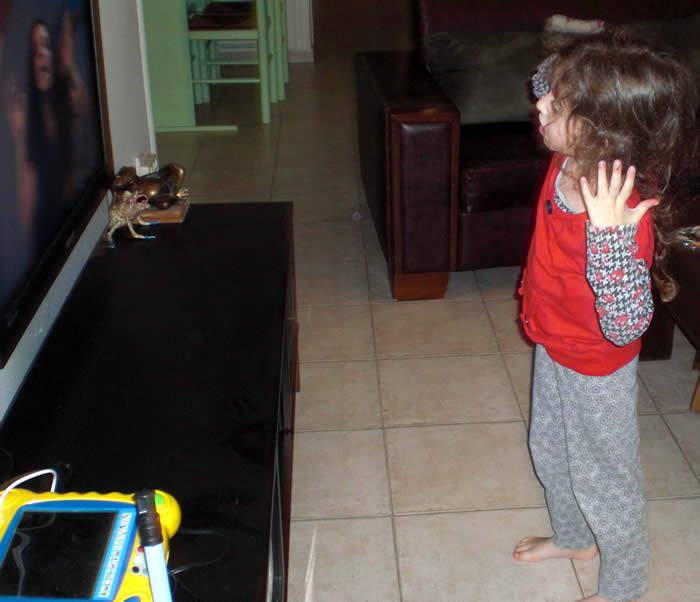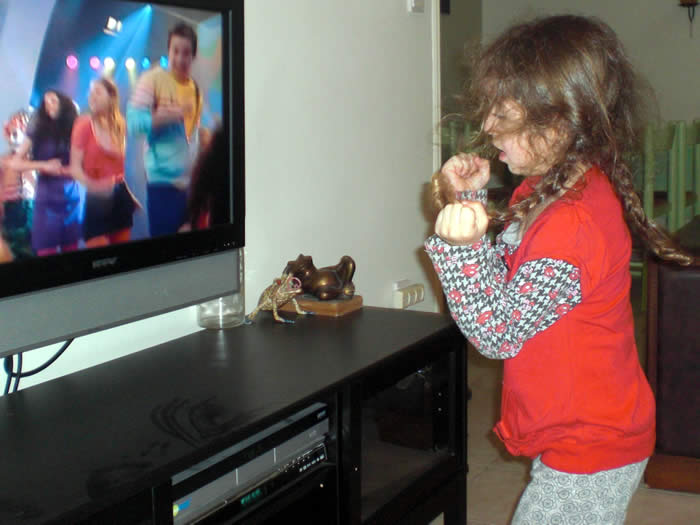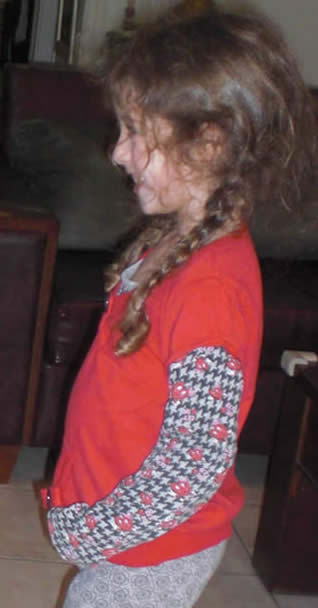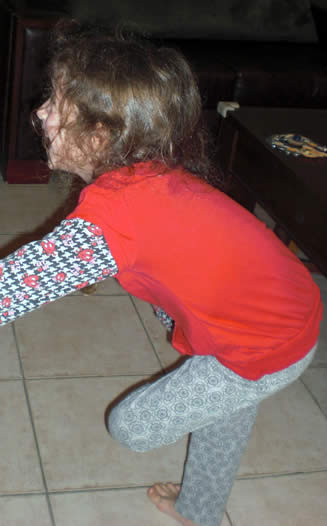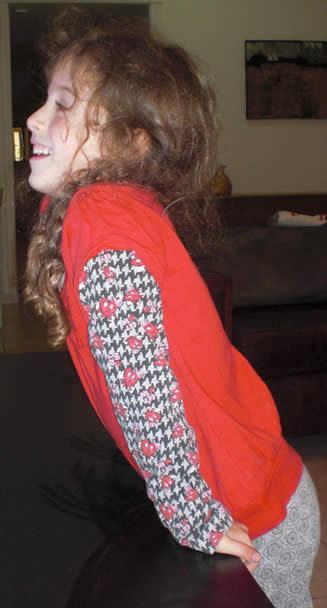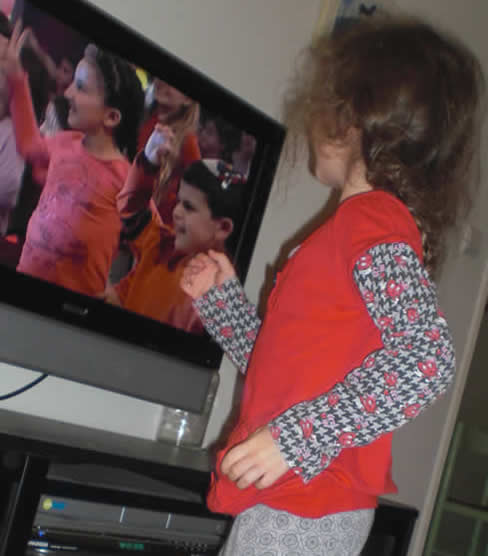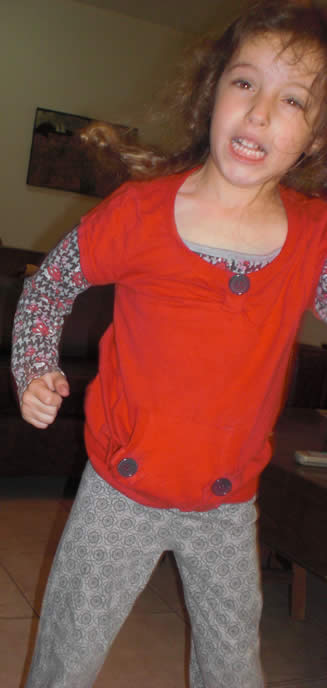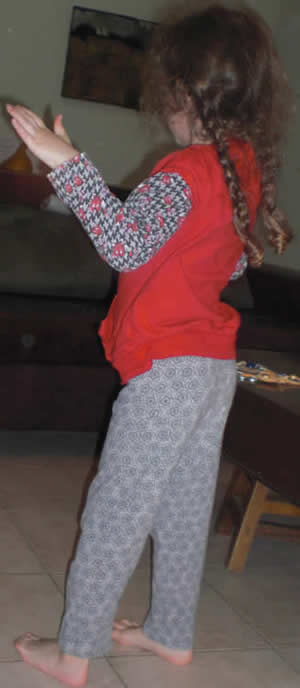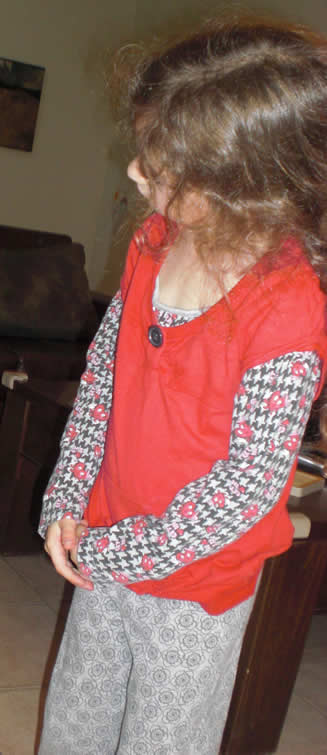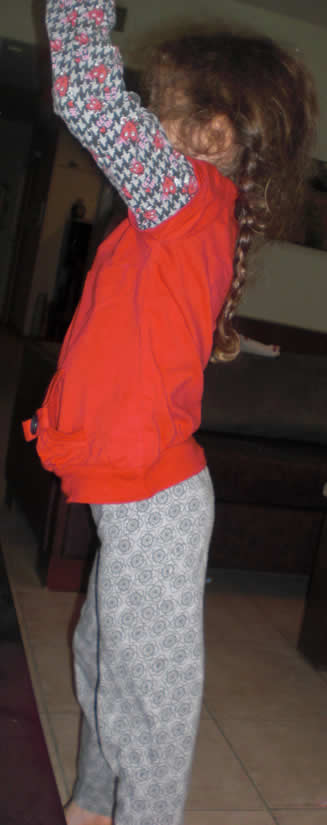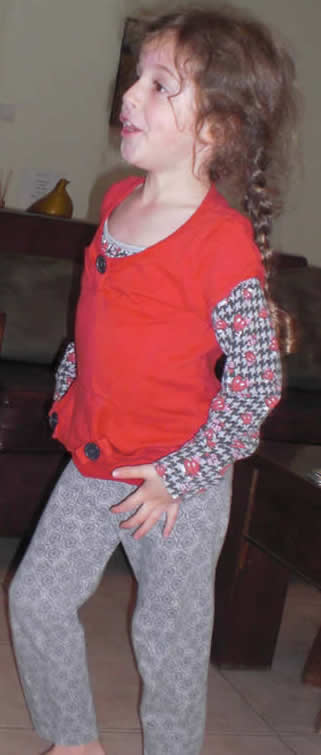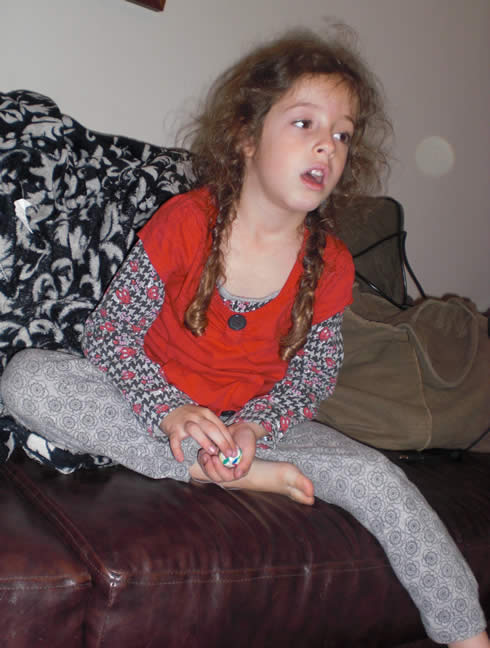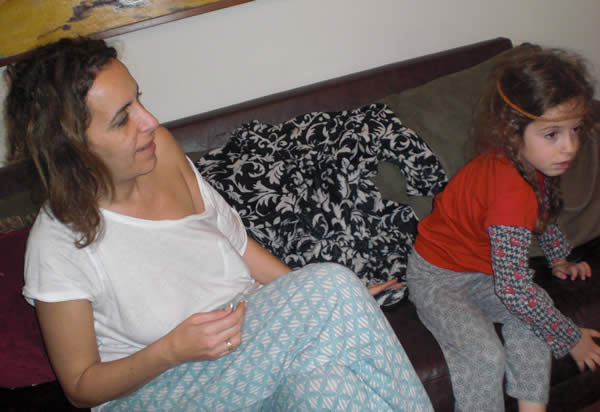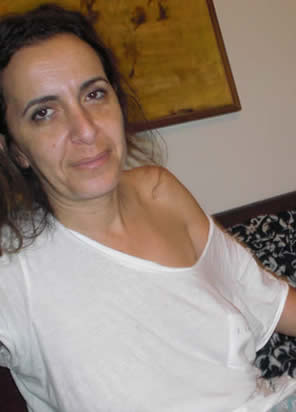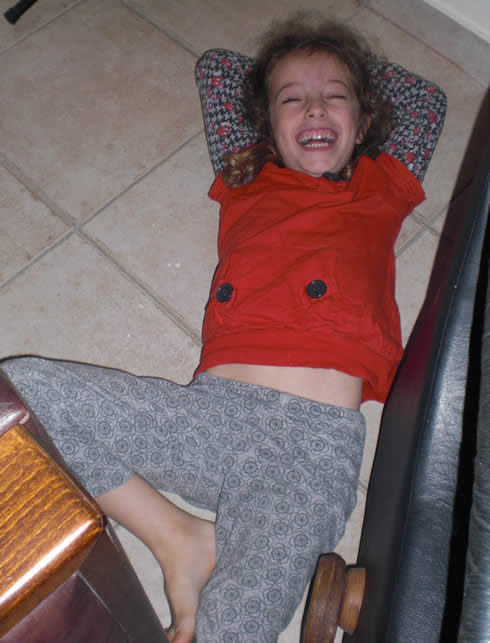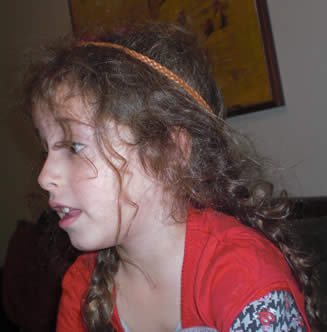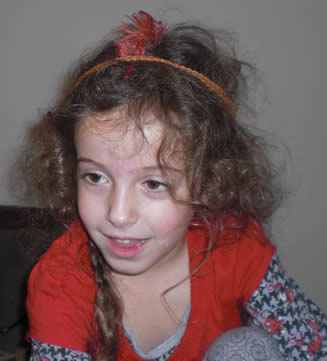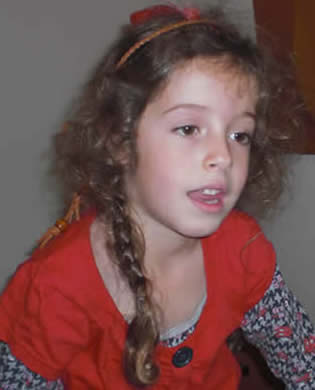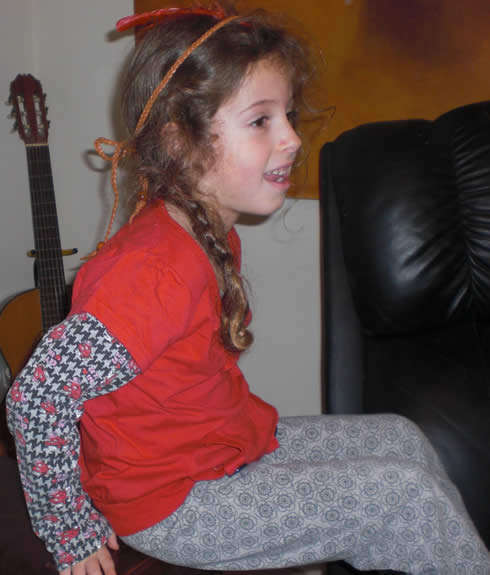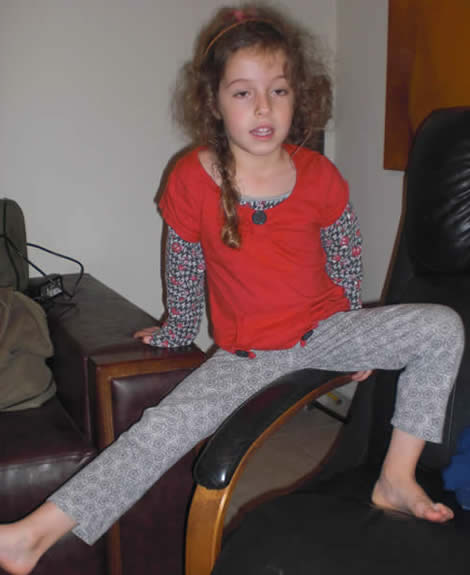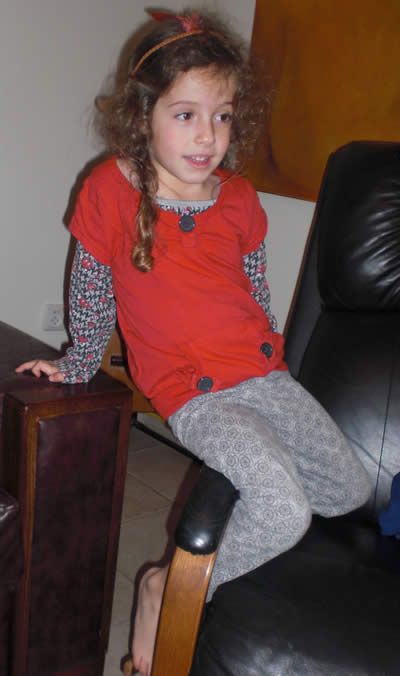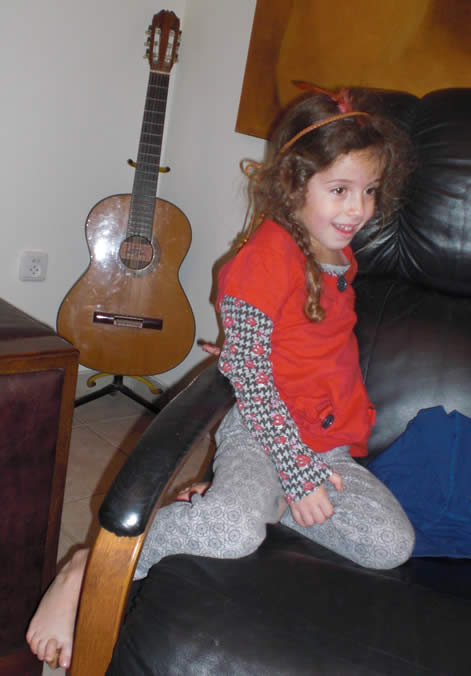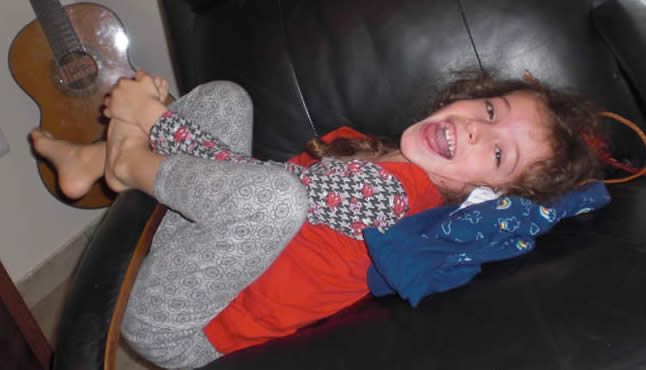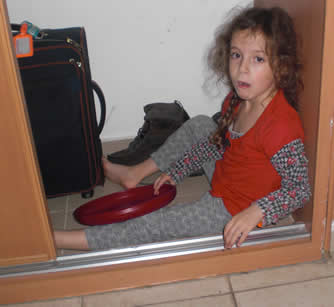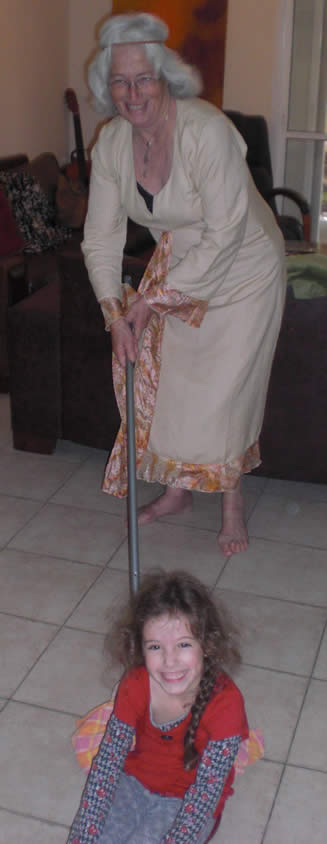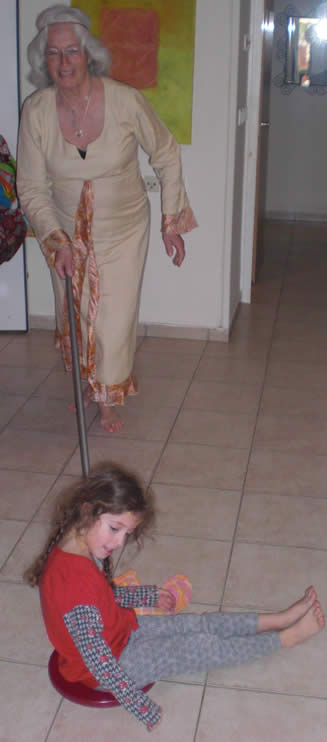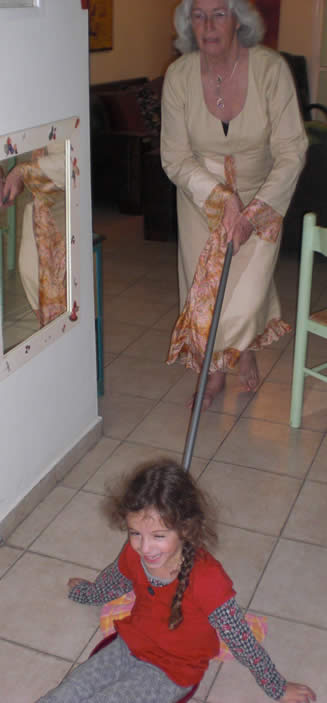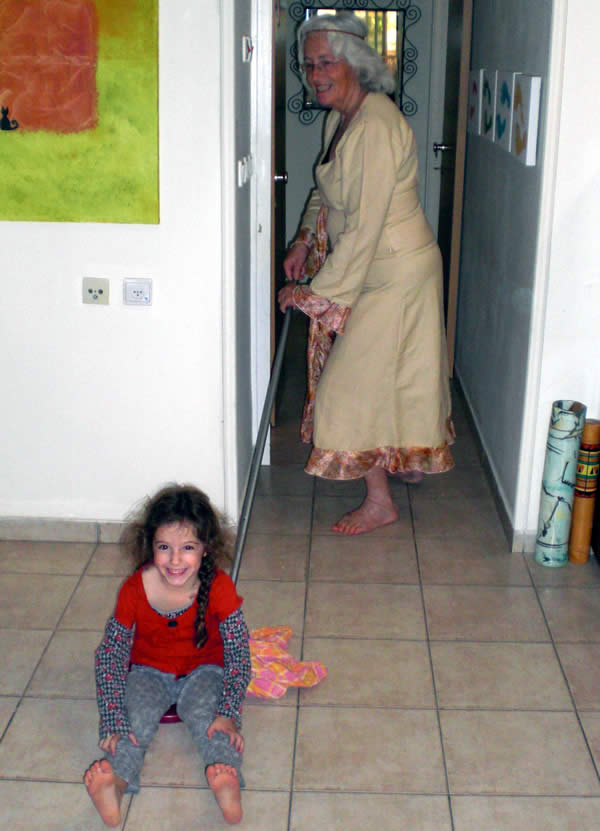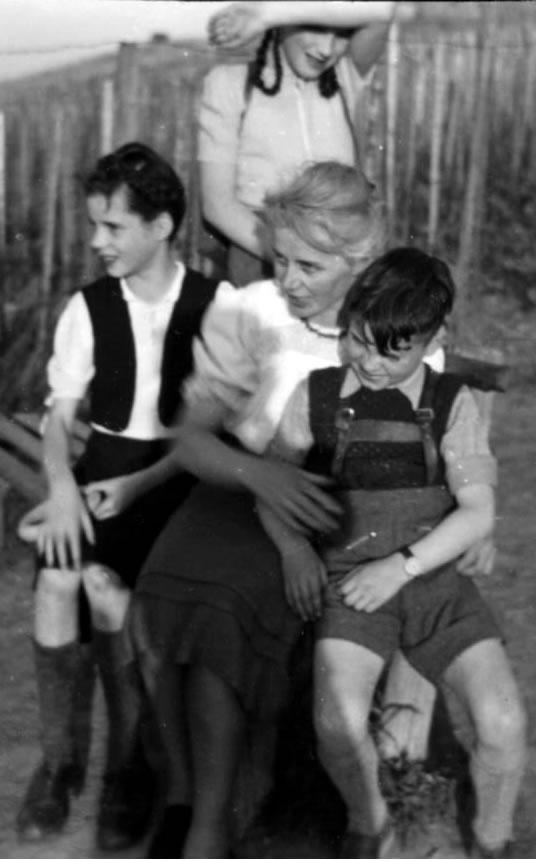Introduction:
It is a strange thing, when I feel most fervently and most deeply,
my hands and my tongue seem alike tied, so that I cannot rightly describe
or accurately portray the thoughts that are rising within me; and
yet I am a painter; my eye tells me as much as that, and all my friends
who have seen my sketches and fancies say the same.
I am a poor lad, and live in one of the narrowest of lanes; but I
do not want for light, as my room is high up in the house, with an
extensive prospect over the neighbouring roofs. During the first few
days I went to live in the town, I felt low-spirited and solitary
enough. Instead of the forest and the green hills of former days,
I had here only a forest of chimney-pots to look out upon. And then
I had not a single friend; not one familiar face greeted me.
So one evening I sat at the window, in a desponding mood; and presently
I opened the casement and looked out. Oh, how my heart leaped up with
joy! Here was a well-known face at last - a round, friendly countenance,
the face of a good friend I had known at home. In fact, it was the
MOON that looked in upon me.. He was quite unchanged, the dear old
moon, and had the same face exactly that he used to show when he peered
down upon me through the willow trees on the moor. I kissed my hand
to him over and over again, as he shone far into my little room; and
he, for his part, promised me that every evening, when he came abroad,
he would look in upon me for a few moments. This promise he has faithfully
kept. It is a pity that he can only stay such a short time when he
comes. Whenever he appears, he tells me one thing or another that
he has seen on the previous night, or on that same evening. "Just
paint the scenes I describe to you" - this is what he said to
me - "and you will have a very pretty picture-book." I have
followed his injunction for many evenings. I could make up a new "Thousand
and One Nights," in my own way, out of these pictures, but the
number might be too great, after all. The pictures I have here given
have not been chosen at random, but follow in their proper order,
just as they were described to me. Some great gifted painter, or some
poet or muscian, may make something more of them if he likes; what
I have given here are only hasty sketches, hurriedly put upon the
paper, with some of my own thoughts, interspersed; for the Moon did
not come to me every evening - a cloud sometimes hid his face from
me.
First Evening
"Last night' - I am quoting the Moon's own words - "last
night I was gliding through the cloudless Indian sky/ My face was
mirrored in the waters of the Ganges, and my beams strove to pierce
through the thick intertwining boughs of the bananas, arching beneath
me like the tortoise's shell. Forth from the thicket tripped a Hindoo
maid, light as a gazelle, beautiful as Eve. Airy and eterial as a
vision, and yet sharply defined amid the surrounding shadows, stood
this daughter of Hindostan: I could read on her delicate brow the
thought that had brought her hither. The thorny creeping plants tore
her sandals, but for all that, she came rapidly forward. The deer
that had come down to the river to quench her thirst, sprang by with
a startled bound, for in her hand the maiden bore a lighted lamp.
I could see the blood in her delicate finger tips, as she spread them
for [end of clip]
Second Evening
"Yesterday"", said the Moon to me, "I looked down
upon a small courtyard surrounded on all sides by houses. In the courtyard
sat a clucking hen with eleven chickens; and a pretty little girl
was running and jumping around them. The hen was frightened, and screamed,
and spread out her wings over the little brood. Then the girl's father
came out and scolded her; and I glided away and thought no more of
the matter.
"But this eveing, only a few minutes ago, I looked down into
the same courtyard. Everything was quiet. But presently the little
girl came forth again, crept quietly to the hen-house, pushed back
the bolt, and slipped into the apartment of the hen and chickens.
They cried out loudly, and came fluttering down from their perches,
and ran about in dismay, and the little girl ran after them. I saw
it quite plainly, for I looked through a hole in the hen-house wall.
I was angry with the willful child, and felt glad when her father
came out and scolded her more violently than yesterday, holding her
roughly by the arm; she held down her head, and her blue eyes were
full of large tears. 'What are you about here?' he asked. She wept
and said, 'I wanted to kiss the hen and beg her pardon for frightening
her yesterday; but I was afraid to tell you.'
"And the father kissed the innocent child's forehead, and I kissed
her on the mouth and eyes."
|
Seventh Evening:
"Along the margin of the shore stretches a forest of firs and
beeches, and fresh and fragrant is this wood; hundreds of nightingales
visit it every spring. Close beside it is the sea, the ever-changing
sea, and between the two is placed the broad high-road. One carriage
after another rolls over it; but I did not follow them, for my eye
loves best to rest upon one point. A Hun's Grave lies there, and the
sloe and blackthorn grow luxuriantly among the stones. Here is true
poetry in nature.
"And how do you think men appreciate this poetry? I will tell
you what I heard there last evening and during the night.
"First, two rich landed proprietors came driving by. 'Those are
glorious trees!' said the first. 'Certainly; there are ten loads of
firewood in each,' observed the other: 'it will be a hard winter,
and last year we got fourteen dollars a load' - and they were gone.
'The road here is wretched,' observed another man who drove past.
'That's the fault of those horrible trees,' replied his neighbour,
'there is no free current of air; the wind can only come from the
sea;' - and they were gone. The stage coach went rattling past. All
the passengers were asleep at this beautiful spot. The postillion
blew his horn, but he only thought, 'I can play capitally. It sounds
well here. I wonder if those in there like it?' - and the stage coach
vanished. Then two young fellows came gallopping up on horseback.
There's youth and spirit in the blood here! thought I; and, indeed,
they looked with a smile at the moss-grown hill and thick forest.
'I should not dislike a walk here with the miller's Christine,' said
one - and they flew past.
"The flowers scented the air; every breath of air was hushed;
it seemed as if the sea were a part of the sky that stretched above
the deep valley. A carriage rolled by. Six people were sitting in
it. Four of them were asleep; the fifth was thinking of his new summer
coat, which would suit him admirably; the sixth turned to the coachman
and asked him if there were anything remarkable connected with yonder
heap of stones. "No,' replied the coachman, 'it's only a heap
of stones; but the trees are remarkable.' 'How so?' 'Why I'll tell
you how they are very remarkable. You see, in winter, when the snow
lies very deep, and has hidden the whole road so that nothing is to
be seen, those trees serve me for a landmark. I steer by them, so
as not to drive into the sea; and you see that is why the trees are
remarkable.'
"Now came a painter. He spoke not a word, but his eyes sparkled.
He began to whistle. At this the nightingales sang louder than ever.
'Hold your tongues!' he cried testily; and he made accurate notes
of all the colours and transitions - blue, and lilac, and dark brown.
'That will make a beautiful picture.' he said. He took it in just
as a mirror takes in a view; and as he worked he whistled a march
of Rossini. And last of all came a poor girl. She laid aside the burden
she carried, and sat down to rest upon the hun's Grave. Her pale handsome
face was bent in a listening attitude towards the forest. Her eyes
brightened, she gazed earnestly at the sea and the sky, her hands
were folded, and I think she prayed. 'Our Faterh.' She herself could
not understand the feeling that swept through her, but I know that
this minute, and the beautiful natural scene, will live within her
on paper. My rays followed her till the morning dawn kissed her brow."
Eighth Evening
Heavy clouds obscurred the sky, and the Moon did not make his appearance
at all. I stood in my little room, more lonely than ever, and looked
up at the sky where he ought to have shown himself. My thoughts flew
far away, up to my great friend, who every evening told me such pretty
tales, and showed me pictures. Yes, he has had an experience indeed.
He glided over the waters of the Deluge,[Bible,
Genesis 8-9,
perhaps 5000 years ago] and smile on Noah's ark just as he
lately glanced down upon me, and brought comfort and promise of a
new world that was to spring forth from the old. When the Children
of Israel sat weeping by the waters of Babylon [Psalm
137, in the 6th century B.C.], he glanced mournfully
upon the willows where hung the silent harps. When Romeo climbed the
balcony, and the promise of true love fluttered like a cherub toward
heaven, the round Moon hung, half hidden among the dark cypresses,
in the lucid air. He saw the captive giant [Napoleon?]
at St. Helena, looking from the lonely rock across the wide
ocean, while great thoughts swept through his soul. Ah! what tales
the Moon can tell. Human life is like a story to him. To-night I shall
not see thee again, old friend. Tonight I can draw no picture of the
memories of thy visit. And, as I looked dreamily towards the clouds,
the sky became bright. There was a glancing light, and a beam from
the Moon fell upon me. It vanished again, and dark coulds flew past:
but still it was a greeting, a friendly good-night offered to me by
the Moon.
|
![]()
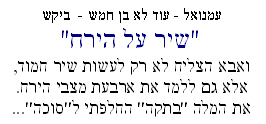
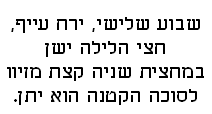
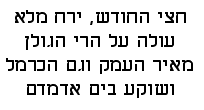
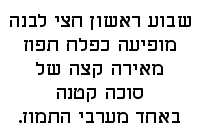
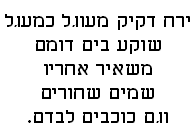
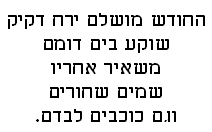
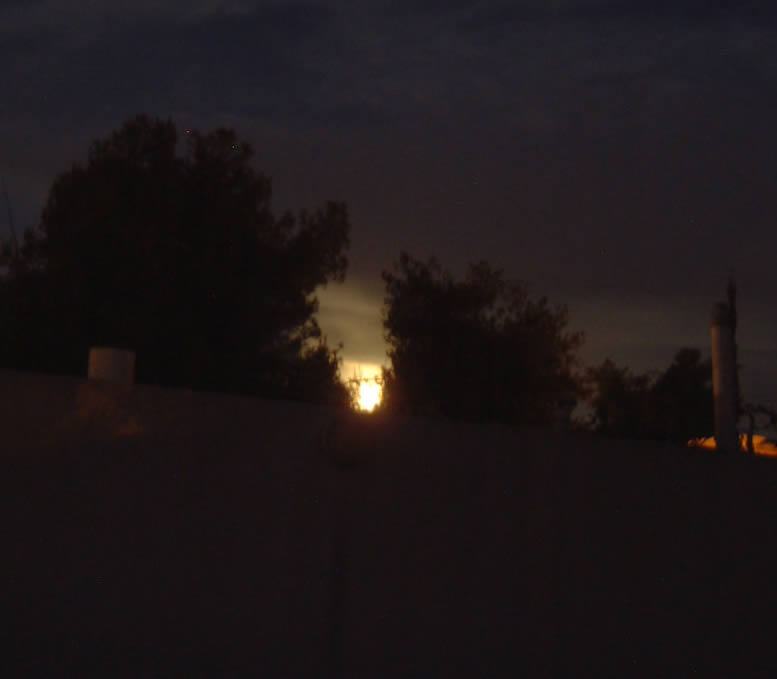
![]()
